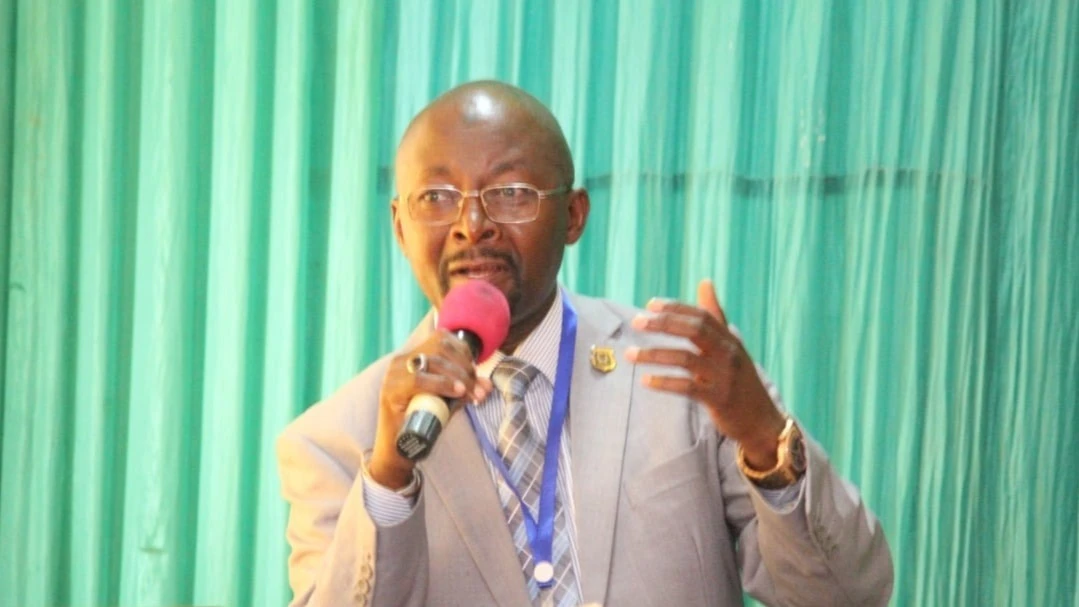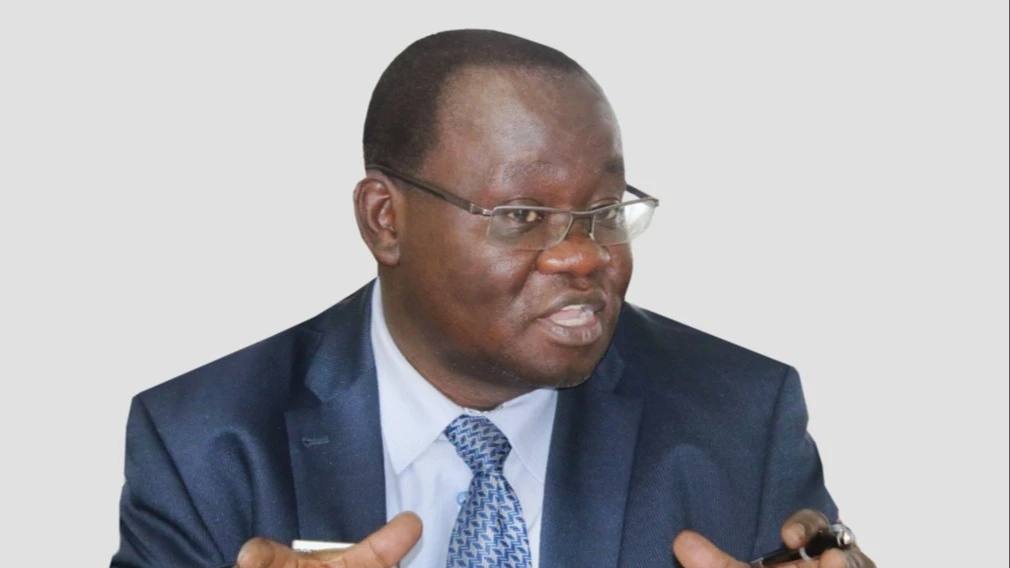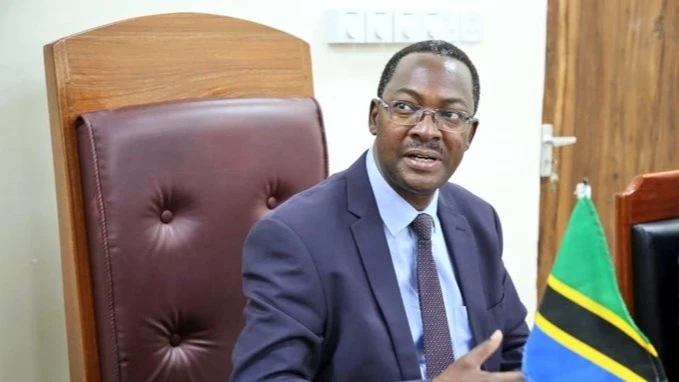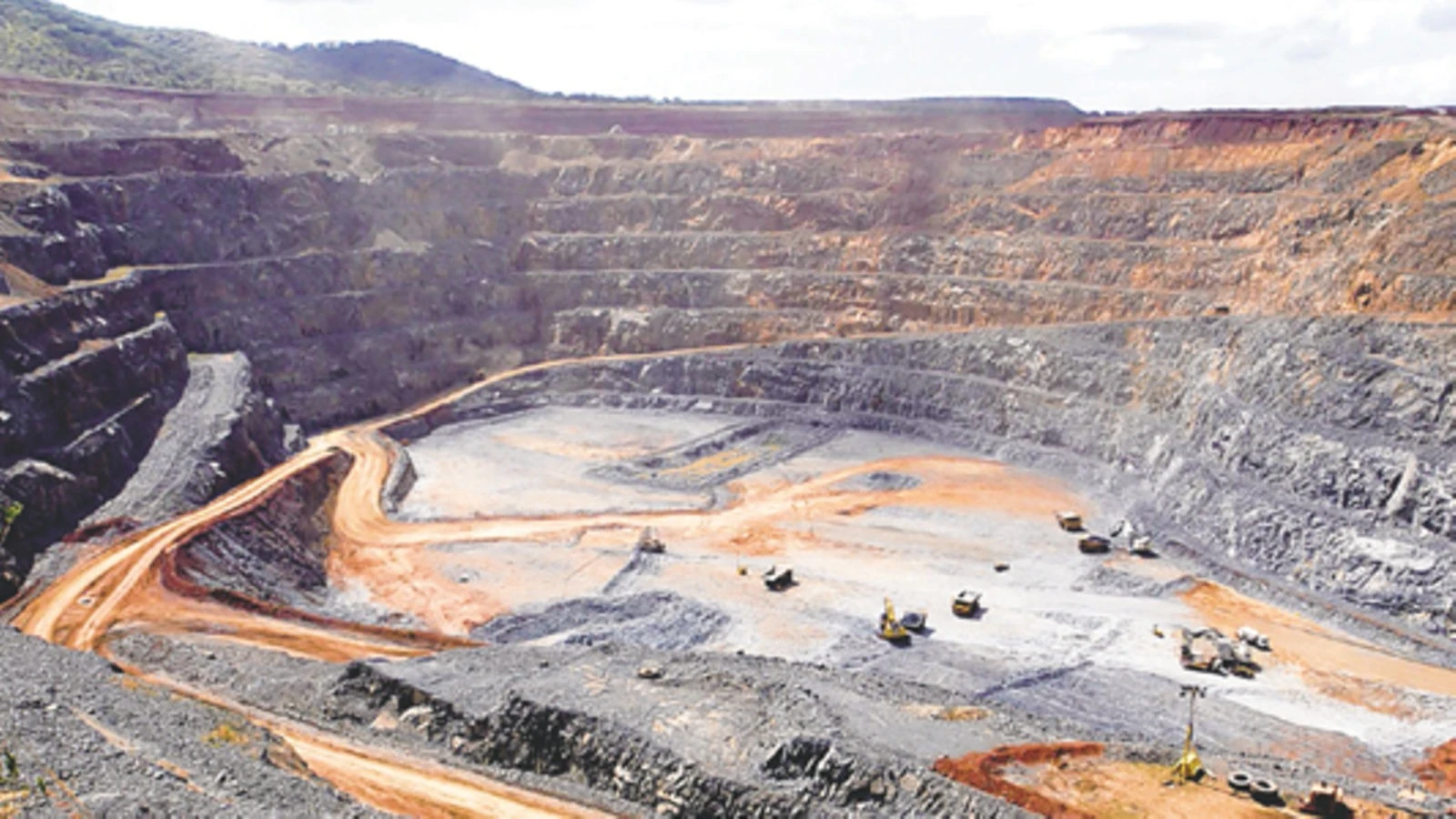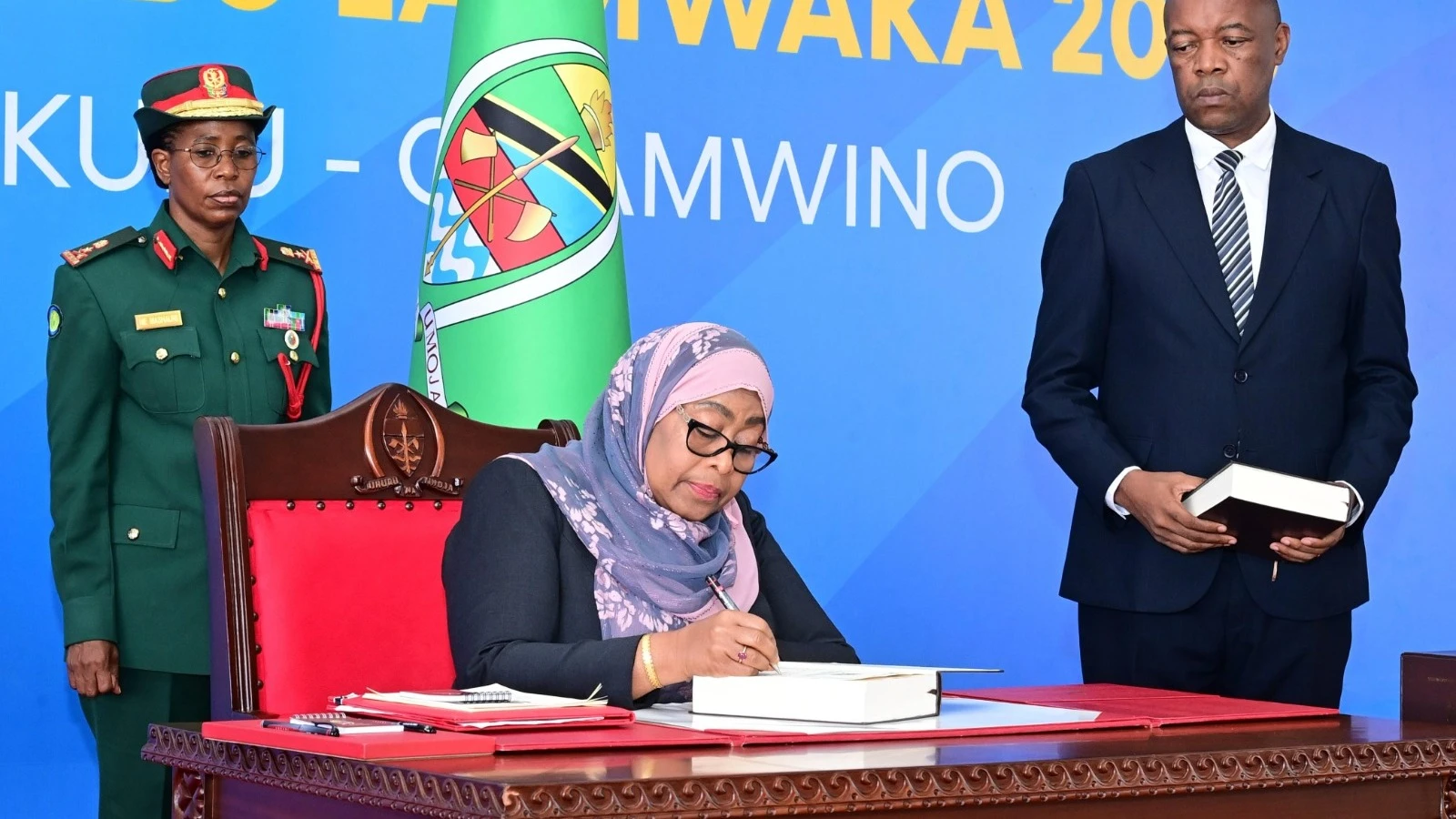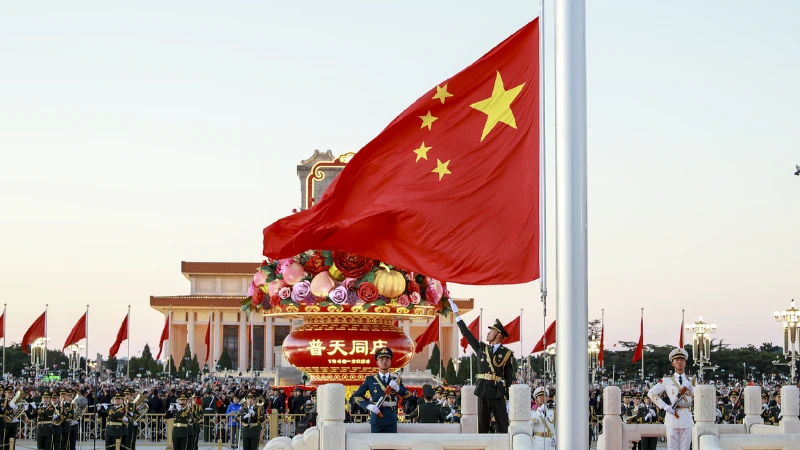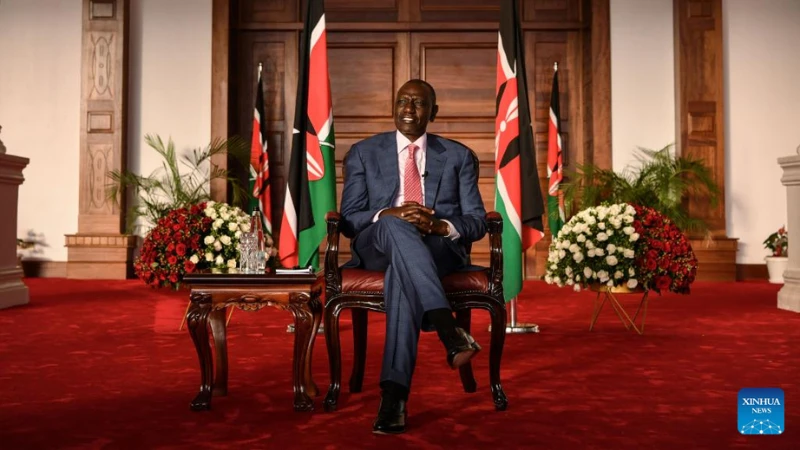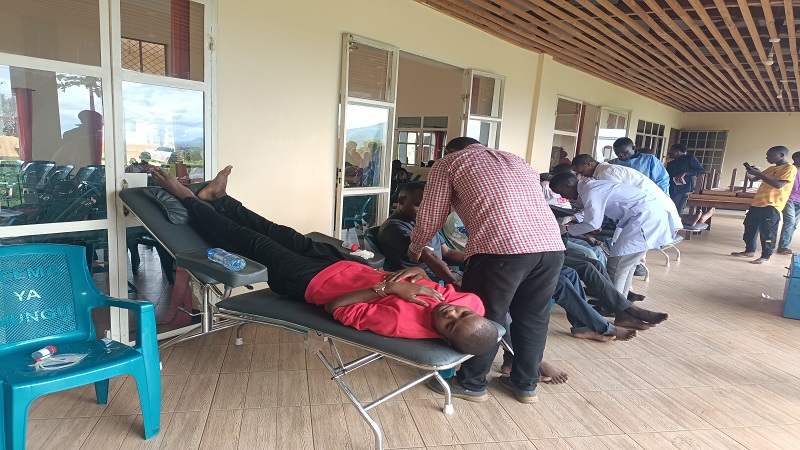A new pulse in US-Africa diplomacy: From extraction to empathy in the DRC’s future
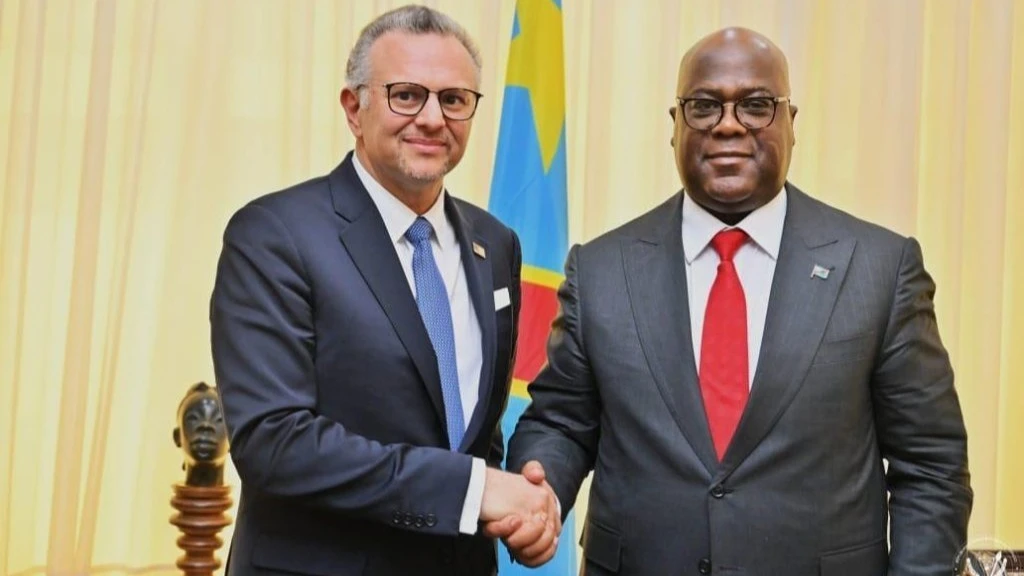
WHAT happened on April 17, 2025, wasn’t just another U.S. digital press briefing—it was something far more intimate, more grounded in reality, and perhaps more honest than many would have expected.
The questions raised by journalists that day didn’t shy away from the hard truths. They asked about Rwanda’s involvement and whether the U.S. was doing enough to press for troop withdrawals. Others inquired about M23’s ongoing threat and what benchmarks were in place for peace.
Some probed into the transparency and fairness of the minerals deal, pushing for clarity on Congolese agency and environmental standards. And a few sought updates on U.S. engagement with regional mediators like Angola and the AU.
Each question was more than just an information grab—it was a reflection of lived concern, of journalism grounded in justice and regional understanding. The answers, though cautious at times, met those questions not with evasion, but with a willingness to stay in the room, to keep talking. That’s diplomacy with a heart. And in today’s world, that matters.
The conversation that unfolded, led by Senior Advisor Massad Boulos and Deputy Assistant Secretary Corina Sanders, was less of a scripted update and more of a dialogue—a testament to how diplomacy can, at its best, reflect human values rather than abstract policy points.
And at the heart of that conversation was a subject that has shaped the past, defines the present, and will no doubt influence the future of the African continent: the wealth buried beneath the soil of the Democratic Republic of Congo.
It would have been easy for the U.S. officials to walk the tightrope of technocratic language. But they didn’t. When the minerals deal was discussed, Boulos leaned in with conviction. This wasn't about a new resource rush dressed in 21st-century rhetoric—it was, in his words, a “win-win proposition,” and he meant it.
The minerals in question—cobalt, lithium, and copper—are crucial not just to powering smartphones and electric vehicles, but to powering a just, green future. Yet, Boulos was quick to acknowledge the need for something more than profits.
The emphasis was unmistakable: American investment would be guided by Congolese law, international best practices, and, perhaps most importantly, a commitment to doing better than what the DRC has historically been offered.
It’s hard to overstate how significant that is. Because for too long, the story of African minerals has been a story of absence—of absent accountability, absent infrastructure, absent opportunity for the people living closest to the source.
Nevertheless, in this briefing, there was an emotional undercurrent, a kind of quiet moral reckoning. The U.S., through Boulos’ words, seemed to be saying: We see you. And we’re not here to extract; we’re here to build.
You could sense it again when the discussion turned to infrastructure. For once, the narrative didn’t leap ahead to flashy construction announcements or oversized ribbon-cutting ceremonies. It slowed down. It respected the hard work ahead.
Boulos spoke of the Lobito Corridor not just as a trade route, but as a lifeline—meant to move goods, yes, but more importantly, to uplift lives and restore dignity. Roads and railways, in his words, are hope made tangible.
Yet, the promise of progress was shadowed by the persistent crisis in eastern Congo. The tone shifted. Boulos spoke firmly about the urgent need for M23 to disarm and for Rwandan troops to withdraw. There was no ambiguity—just a clear, sober call for peace.
Yet, it was the way he followed up that left an impression. He acknowledged the recent advances, like the reopening of Alphamin’s tin mine following M23’s retreat from Walikale, not with triumphalism, but with measured relief. Because anyone paying attention knows that in eastern Congo, peace is never guaranteed. It's something fragile, flickering, constantly under threat.
Even in those tense moments, the briefing didn’t drift into despair. Instead, it circled back to the power of dialogue. Boulos highlighted the face-to-face meetings between the Congolese government and M23 representatives, calling them “fruitful”—a word that carries weight precisely because it’s grounded in reality, not idealism.
These weren’t peace treaties with fanfare. They were conversations, painstakingly built over time. That he mentioned them at all spoke volumes: diplomacy, at its core, is a human endeavor, one painstaking step at a time.
When Rwanda entered the conversation, the dynamic became more layered still. A Rwandan journalist posed the question delicately, but firmly. Boulos responded not as a spokesman for an agenda, but as a man who had sat across from President Kagame and listened.
He didn’t dismiss Rwanda’s concerns about the FDLR. On the contrary, he validated them. But his message was also clear: solutions cannot be one-sided. A regional resolution must reflect everyone’s safety and sovereignty, including Congo’s. And once again, the tone was what mattered. There was no accusatory finger-pointing, no escalation. Just a quiet insistence on balance and fairness.
This balanced diplomacy extended beyond the DRC-Rwanda dynamic. Boulos and Sanders gave nods of respect to Angola’s mediation efforts, to ECOWAS, to the African Union. These weren’t throwaway compliments. They were recognizing something deeper—that African nations are not waiting for outside saviors.
They’re crafting their peace, and what they’re asking of the U.S. is not rescue, but reinforcement. And that, too, felt different. There was no lingering air of paternalism, no “Africa rising” clichés. Just a sense that partnerships, when grounded in humility, can make room for progress.
The most striking part of the briefing came in its final moments. It wasn’t about minerals or military movements, but gratitude. "Thank you all very much," said Boulos—and he meant it. Sanders echoed this sentiment, adding, "This isn’t the end, just the beginning." Their voices carried a rare gentleness, a warmth that felt all too uncommon in international affairs. Even the moderator closed the call with a personal touch, encouraging journalists to “share their stories, to spread the word, to be part of something larger than the moment.”
In a world full of cynicism and broken promises, something about this briefing stuck. Maybe it was the honesty in Boulos’ words when he stated, "This isn’t just about resources; it’s about doing better for the Congolese people." Perhaps it was the hope for ethical mining that transcended being just another buzzword. Or maybe it was the recognition that diplomacy, at its core, is a collective act of faith.
“There are no illusions here,” Boulos admitted. The minerals deal still faces complex challenges, and regional diplomacy remains fraught with obstacles. But the tone and intention behind the words shared on April 17 suggest things might unfold differently this time. “We see you, and we’re not here to extract; we’re here to build,” Boulos said, emphasizing the shift toward a partnership based on respect and long-term progress.
What we witnessed wasn’t perfection, nor a solution wrapped in a press release, but a deliberate, human process. As Boulos put it, “It’s about building something real, something sustainable.” And what the world, especially Africa, needs more of is its care, not charity or control, but care—the kind that listens, shows up with humility, and measures progress by lives changed, not just deals signed.
That was the heartbeat of this briefing. And if it holds—if that tone becomes the norm rather than the exception—then April 17 may well be remembered not just as another diplomatic update, but as the quiet beginning of a new kind of partnership. One rooted in shared values, mutual respect, and yes, finally, hope.
Top Headlines
© 2025 IPPMEDIA.COM. ALL RIGHTS RESERVED












